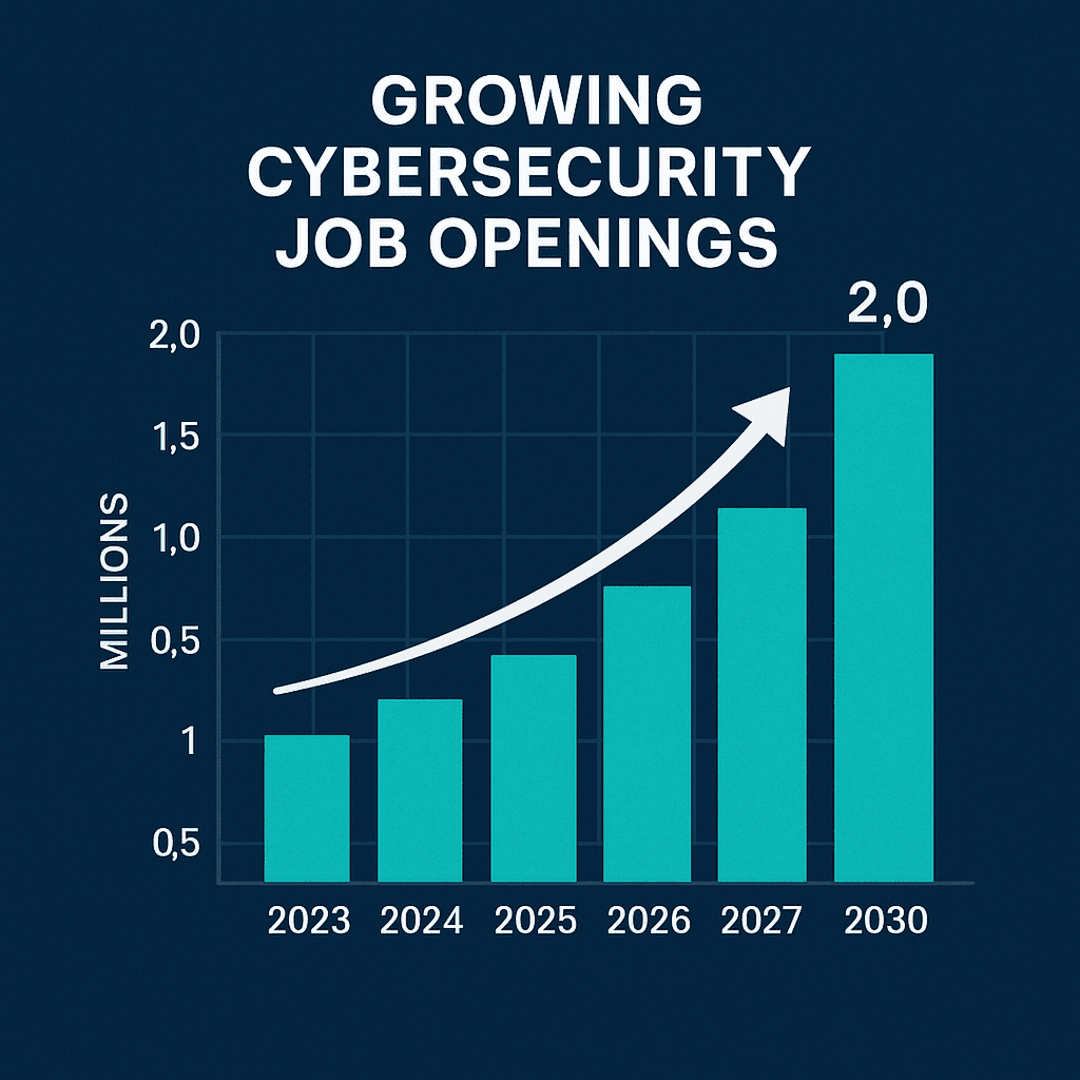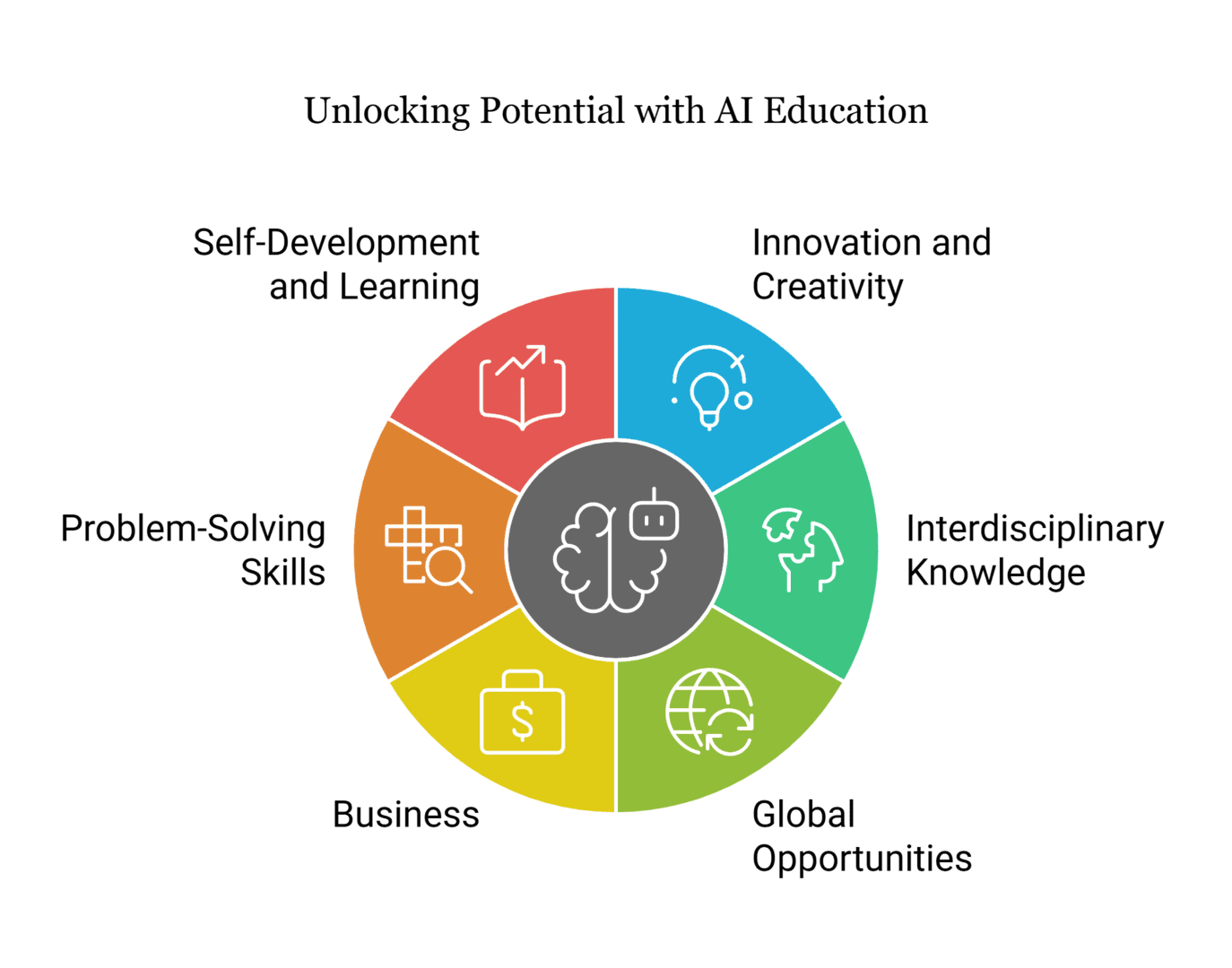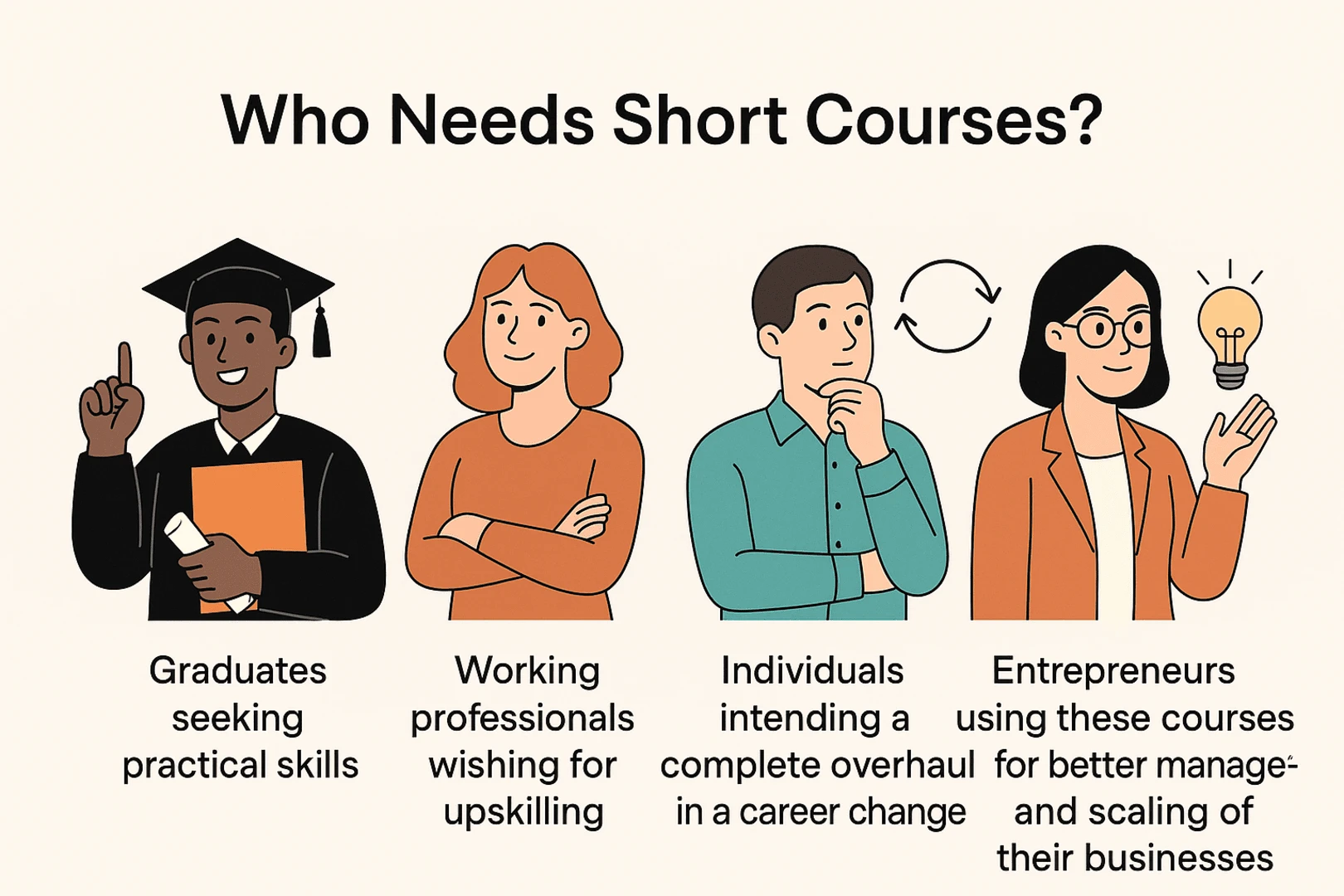10 Short-Term Courses For Graduates in 2025
Table of Contents

- jaro Education
- 9, September 2024
- 3:30 pm
In the current competitive world of corporations, short-term courses are becoming highly relevant for graduates, as they can easily gain knowledge and deep insights into the most trending and industry-desired topics quickly and kickstart their careers with up-to-date market knowledge and skills.
To enhance the skills of freshers/working professionals, many short-term courses are offered in online/offline/hybrid mode that involve cutting-edge projects and assignments with real-world applications.
So, to help you pick the best job-oriented courses, we have curated this guide enlisting the top 10 in-demand courses that can boost your career by opening up new opportunities and possibilities, taking you one step closer to your dream job and career pathway.
Without further ado, let’s delve into the latest in-demand courses that can be fruitful to begin your career in a particular industry.
Top 10 In-Demand Short-Term Courses: Jumpstart Your Corporate Career with Excellence
Below are some of the best short-term courses for jobs that can majorly contribute to achieving career success.
1. Technical Skills
- Machine Learning and Data Science
Short-term computer courses with cutting-edge technologies like Data Science and Machine Learning have emerged as the most beneficial for businesses, helping them to make data-driven decisions and fulfill customer expectations by providing meaningful data insights. Thus, these short-term courses help equip students with the principles of statistical modeling, machine learning methods, and data analysis with Python and R. These rigorous, project-based programs last four to six months and equip students with the knowledge and abilities needed to pursue careers as data scientists, machine learning engineers, or business analysts. These positions are in great demand, particularly as businesses depend more and more on data-driven tactics.
| Details | Information |
|---|---|
| Industries | Tech, Finance, Healthcare, E-commerce, Automotive |
| Key Topics | Machine Learning, Data Analysis, Python/R, Statistics, Modeling, AI |
| Tools Taught | Python, R, Scikit-learn, Pandas, TensorFlow, Jupyter, SQL |
| Course Duration | 4–6 months |
| Job Roles | Data Scientist, ML Engineer, Data Analyst, AI Specialist |
| Average Salary (India) | ₹7 LPA – ₹20 LPA |
| Future Outlook | High growth—AI & ML adoption in every sector for automation & insights |
- Cybersecurity Courses
With the number of cyber threats increasing each day, the demand for cybersecurity professionals is increasing. Such short-term courses cover how to safeguard sensitive data and maintain the integrity of digital systems by focusing on important topics, including network security, ethical hacking, encryption, and risk management. In today’s tech-driven world, cybersecurity courses, which usually last three to four months, are essential for gaining certifications like CEH or CompTIA Security+, which open doors to professions like information security manager, ethical hacker, or security analyst, and lead cybersecurity aspirants on a progressive path to short-term computer courses.
This graph illustrates the projected growth of job openings in cybersecurity from 2023 to 2030, highlighting the increasing demand for professionals in this field.

| Details | Information |
|---|---|
| Industries | BFSI, Government, IT, Defense, Healthcare |
| Key Topics | Ethical Hacking, Network Security, Firewalls, Risk Mgmt., Cryptography |
| Tools Taught | Wireshark, Metasploit, Nmap, Kali Linux, Splunk |
| Course Duration | 3–4 months |
| Job Roles | Cybersecurity Analyst, InfoSec Manager, Ethical Hacker, Penetration Tester |
| Average Salary (India) | ₹6 LPA – ₹18 LPA |
| Future Outlook | Simulated attacks, real-time threat analysis, and firewall configuration |
- Cloud Computing
As more businesses shift their operations to cloud platforms like AWS, Azure, and Google Cloud, cloud computing skills are gaining momentum, and various short-term courses have stepped into the picture. These courses provide students with practical expertise in managing cloud infrastructure by covering cloud architecture, deployment, and security. Cloud computing courses are available in many forms and can be finished in two to three months on average. They frequently result in certificates that attest to the student’s proficiency in the field. Graduates can work as systems administrators, cloud engineers, or architects to manage and optimize cloud-based systems.
According to Grand View Research:
Cloud computing is growing by leaps and bounds; the global market is anticipated to post a CAGR of 20.4% from 2025 to 2030. This is, in turn, fueled by the adoption of big data, AI, and machine learning technologies, all of which demand scalable and high-performance cloud infrastructure.
| Details | Information |
|---|---|
| Industries | IT, Finance, Retail, Telecom, Healthcare, Government |
| Key Topics | Cloud architecture, deployment, virtualization, storage, and cloud security |
| Tools Taught | AWS, Microsoft Azure, Google Cloud Platform (GCP), Terraform, Docker, Kubernetes |
| Course Duration | 2–3 months |
| Job Roles | Cloud Engineer, Cloud Architect, SysAdmin, DevOps Associate |
| Average Salary (India) | ₹7 LPA – ₹18 LPA |
| Future Outlook | High-growth field due to SaaS, big data, and AI adoption Market Data. Global cloud computing market CAGR: 20.4% (2025–2030, Grand View Research) |
- Full Stack Web Development Courses
One of the most dynamic skills in the tech sector is Full Stack Web Development, which allows experts to create both the front-end and back-end of online applications. This course covers a wide range of technologies, including database management using SQL or NoSQL, as well as front-end development with HTML, CSS, and JavaScript, and back-end development with Node.js, Python, or Ruby. These short-term computer courses, which typically last three to six months, give students practical experience through projects and assignments, preparing them for careers as software engineers, web developers, or full-stack developers. In the tech-driven world, this is among the top short-term courses through which aspirants can set the pace high.
| Details | Information |
|---|---|
| Industries | IT Services, Startups, E-commerce, EdTech, Media |
| Key Topics | HTML, CSS, JavaScript, React, Node.js, Express.js, MongoDB/SQL, APIs |
| Tools Taught | Git, VS Code, Postman, Docker, Firebase, Next.js |
| Course Duration | 3–6 months |
| Job Roles | Full Stack Developer, Web Developer, front-end/back-end developer |
| Average Salary (India) | ₹5 LPA – ₹15 LPA |
| Future Outlook | High-demand skill—startup and enterprise demand remains strong |
2. Business and Management Skills
- Digital Marketing Courses
For organisations looking to create and improve their online presence, digital marketing is crucial. This course gives professionals the tools they need to construct successful online campaigns by covering essential topics including SEO, content marketing, SEM, social media strategy, and data analytics. These 2-3 month programmes are meant for both beginner and experienced marketers alike. They provide real-world knowledge that can be used to enhance and improve the digital presence of a business and thereby gain the desired skills to take up roles such as content strategists, SEO analysts, digital marketing specialists, etc. Short-term computer courses
| Details | Information |
|---|---|
| Industries | E-commerce, Media, Education, Hospitality, Finance, Healthcare |
| Key Topics | SEO, SEM, Content Marketing, Social Media Strategy, Email Marketing, Analytics |
| Tools Taught | Google Ads, Google Analytics, SEMrush, HubSpot, Meta Ads, Canva |
| Course Duration | 2–3 months |
| Job Roles | Digital Marketer, SEO Specialist, Content Strategist, Social Media Manager |
| Average Salary (India) | ₹4.5 LPA – ₹12 LPA |
| Future Outlook | Strong and growing—digital ad spending in India expected to reach ₹35,000+ Cr by 2026 |
- Project Management
From IT to construction, project management is a highly sought-after job in various industries. The concepts of project execution, planning, risk management, and budgeting are covered in short-term courses related to this topic, which frequently comply with PRINCE2 or PMP certification requirements. Students learn how to use Agile methodology and project management tools like Microsoft Project over two to three months, preparing them for positions like program coordinator, operations manager, or project manager, where they are in charge of managing projects from start to finish.
| Details | Information |
|---|---|
| Industries | IT, Construction, Healthcare, Engineering |
| Key Topics | Project planning, execution, risk management, budgeting, Agile, Scrum |
| Tools Taught | MS Project, JIRA, Trello, Asana |
| Course Duration | 2–3 months |
| Job Roles | Project Manager, Program Coordinator, Operations Manager |
| Average Salary (India) | ₹6 LPA – ₹15 LPA |
| Future Outlook | Strong demand across tech and infra sectors due to global digitization |
- Business Analytics
Data science and business strategy are combined in business analytics, which makes it a crucial competency for promoting organizational expansion. Predictive modelling, data analysis, and the usage of analytics tools like Excel, Power BI, and Tableau are covered in this course. Short-term courses on business analytics usually span three to five months, focusing on hands-on learning through projects and case studies, giving students the tools they need to analyse data and make informed business decisions. Graduates frequently work as business analysts, data analysts, or business intelligence analysts, assisting organisations in streamlining their operations and tactics.
| Details | Information |
|---|---|
| Industries | Retail, Healthcare, BFSI, Consulting |
| Key Topics | Data analysis, predictive modelling, dashboards, business strategy |
| Tools Taught | Excel, SQL, Power BI, Tableau, Python (sometimes) |
| Course Duration | 3–5 months |
| Job Roles | Business Analyst, Data Analyst, BI Analyst |
| Average Salary (India) | ₹5 LPA – ₹12 LPA |
| Future Outlook | High demand due to data-driven decision-making across sectors |
- Financial Assessment and Modeling
For those working in investment banking, corporate finance, and equities research in particular, financial modelling and valuation are essential competencies. Short-term courses on Financial assessment cover topics Short-term computer courses like corporate valuation, financial analysis, and the creation of financial models using Excel. The rigorous, application-focused course, typically lasting one to two months, prepares students for positions like financial analyst, investment analyst, or valuation consultant. Accurate financial model creation is highly valued in the finance industry and essential for making well-informed company decisions.
| Details | Information |
|---|---|
| Industries | Finance, Investment Banking, Real Estate, Startups |
| Key Topics | Corporate valuation, financial statements, Excel modeling |
| Tools Taught | Advanced Excel, financial calculators, Bloomberg (in some cases) |
| Course Duration | 1–2 months |
| Job Roles | Financial Analyst, Investment Analyst, Valuation Consultant |
| Average Salary (India) | ₹6 LPA – ₹14 LPA |
| Future Outlook | Core skills for M&A, equity research,and startup funding roles |
3. Other In-Demand Short-Term Courses
- Artificial Intelligence
Industry transformation is being facilitated by artificial intelligence (AI), which makes intelligent decision-making possible and automates operations. The principles of artificial intelligence, machine learning, and neural networks are covered in such short-term courses. Python and TensorFlow are frequently used for real-world examples. Students work on practical projects that mimic real-world AI difficulties for four to six months, preparing them for careers as data scientists, machine learning specialists, or AI engineers. The rising utilisation of AI technologies in various areas has led to the growing significance of this skill set.
| Details | Information |
|---|---|
| Industries | IT, Healthcare, Finance, Retail, Manufacturing, Education |
| Key Topics | AI fundamentals, Machine Learning, Neural Networks, Deep Learning |
| Tools Taught | Python, TensorFlow, Keras, PyTorch, OpenCV |
| Course Duration | 4–6 months |
| Job Roles | AI Engineer, Machine Learning Engineer, Data Scientist, NLP Specialist |
| Average Salary (India) | ₹8 LPA – ₹25+ LPA |
| Future Outlook | Explosive growth — AI market to reach $407 billion by 2027 (PwC, Statista) |
Benefits of Doing Machine Learning and Data Science Short-term Course

Innovation and Creativity: AI study catalyzes creativity and innovation, helping you to develop fresh answers to complicated problems. AI nurtures a future-thinking environment in which you can innovate and stretch the limits of technology.
Interdisciplinary Knowledge: AI cuts across different fields of mathematics, engineering, psychology, and computer science, among others. Interdisciplinary knowledge makes you a very marketable person with a diverse set of skills sought by employers.
Global Opportunities: AI exists on a global platform in almost every sphere, showing you who has just graduated in terms of gaining other people interested in the same thing as you, creating important professional links. Further down the line, joining this collaboration could lead you to a career prospect with organizations from all around the world.
Business: AI makes possible the possibility of entrepreneurship and new start-ups. With AI knowledge, individuals can establish their technology start-ups to use AI as an enabler to develop innovative products and services.
Greater Problem-Solving Skills: AI training better equips one analytically and problem-solving-wise; hence, one is more apt to deal with very complex challenges. All these skills will be present in roles exclusively related to AI, but also found among many other roles.
Self-Development and Learning: AI is an area of study that encourages continuous learning and personal growth. The field is very dynamic and keeps on changing, forcing people to stay updated about what is happening across the new things concerning this field, thus generating a culture of lifelong learning.
- Supply Chain Management
The programme in Supply Chain Operations & Analytics has been developed to impart professional skillsets wherein capabilities for developing a supply chain data strategy could be imparted. The interdisciplinary nature of the programme makes it suitable for people either aspiring to a career or those already in practice in manufacturing, services, or logistics. Due to the holistic framework and resources offered in the programme, the participants will be able to comprehensively realise the various complexities involved in operations and analytics. This programme offers an opportunity for career progression in supply chain management and operations.
| Details | Information |
|---|---|
| Industries | Manufacturing, E-commerce, Retail, Logistics, Healthcare, FMCG |
| Key Topics | Supply Chain Strategy, Inventory Management, Logistics, Procurement, Data Analytics, Forecasting |
| Tools Taught | SAP, Oracle SCM, Microsoft Excel (advanced), Tableau, R, Python (basic for analytics) |
| Course Duration | 2–4 months |
| Job Roles | Supply Chain Analyst, Logistics Coordinator, Operations Executive, Procurement Specialist |
| Average Salary (India) | ₹4.5 LPA – ₹14 LPA |
| Future Outlook | Increasing—India's logistics market expected to reach $380B by 2025 (IBEF); global SCM automation growing rapidly |
Advantages of Short-Term Courses
Time-saving: Most courses would take just a couple of weeks or months, making them feasible for working professionals and students alike.
Value for Money: Short-term courses cost quite a bit less than full-time degrees yet give an excellent return on investment.
Skill-specific: These are specific short courses that teach certain skills that are more in demand in the market.
Free: Most short-term online courses have a fairly good degree of flexibility for self-learners.
Career Ladder: Short-term courses can give promotions, rewarding positions, or new careers.
Who Needs Short Courses?

Graduates seeking practical skills
Working professionals wishing for upskilling
Individuals intending a complete overhaul in a career change
Entrepreneurs use these courses for better management and scaling of their businesses
Moreover, these are students who are preparing themselves for real-world experiences before getting into the job market.
Final Thoughts: Latest Short-Term Courses in 2025
To remain competitive in the job market in 2025, constant skill upgrading is necessary, and short-term courses offer an effective means of doing this. These programmes are designed to give recent graduates and employed professionals the transferable skills that employers value and enable them to succeed in a variety of industries. These programmes span a wide range of industries and vocations, from Full Stack Web Development and Cybersecurity to Digital Marketing, Project Management, and Business Analytics. Usually lasting only a few months, they are made to lead the pathway to success, so you can put your step forward in the best possible way.
Because of the easy adaptability of online, offline, and hybrid learning environments, you can customise your education to match your learning preferences and timetable. UI/UX design, cloud computing, artificial intelligence, and other related fields will continue to be in high demand as companies become more and more dependent on technology and data-driven tactics. Enrolling in one of these short-term courses will help you present yourself to employers as a valuable asset, equipped to take on the difficulties of a quickly changing business environment and propel your career.
Frequently Asked Questions
Some of the best short-term courses after graduation include Digital Marketing, Data Analytics, Graphic Designing, Tally with GST, Web Development, and Computer Programming (Python, Java). These courses are in high demand across industries and can boost your employability.
Yes, short-term courses provide job-orientated skills that make you more employable. Many companies look for practical knowledge in areas like digital marketing, IT, finance, and design — all of which can be gained through short-term certifications.
Most short-term courses last between 1 to 6 months, depending on the subject and the depth of content. They are ideal for recent graduates who want to upskill quickly and enter the job market.
Absolutely! Many short-term courses offer flexible online or weekend batches, making it easy to learn while working or interning.
Commerce graduates can benefit from courses like Tally with GST, Advanced Excel, Digital Marketing, Business Analytics, and Financial Modeling. These help in getting jobs in accounting, marketing, or finance.










